News
What certifications should residential construction companies have?
Common Types of Certifications
What Are the Main Certifications Available?
The main certifications available for residential construction companies include:
-
LEED (Leadership in Energy and Environmental Design): LEED is an internationally recognized certification for sustainable and eco-friendly buildings, developed by the U.S. Green Building Council (USGBC). It evaluates environmental performance in areas such as energy efficiency, water management, materials, and indoor air quality.
-
ENERGY STAR: ENERGY STAR is a government program in Canada and the United States that promotes energy efficiency and reduces greenhouse gas emissions. Buildings and products with the ENERGY STAR label are certified for superior energy performance.
-
National Green Building Standard (NGBS): Developed by the National Association of Home Builders (NAHB) in the U.S., this certification assesses the sustainability of residential buildings, focusing on energy efficiency, indoor air quality, and the use of durable materials.
-
Passivhaus (Passive House Standard): Originating from Germany’s Passivhaus Institute, this is a highly energy-efficient building standard. Passivhaus buildings are designed to minimize heating and cooling needs through innovative construction techniques and advanced technologies.
-
WELL Building Standard: This certification focuses on health and well-being in building design and operation. It evaluates factors such as air quality, lighting, nutrition, and emotional well-being.
-
Living Building Challenge: This certification promotes self-sufficient and environmentally friendly buildings. Certified buildings must meet rigorous standards for energy, water, materials, indoor air quality, and social equity.
-
Régie du bâtiment du Québec (RBQ): The RBQ is the government body responsible for licensing and regulating the construction industry in Quebec, Canada. It ensures that contractors meet safety and quality standards set by law.
How Do Certifications Vary by Construction Specialties?
Certifications vary based on construction specialties, focusing on areas such as:
- Green and sustainable construction
- Passive house design
- Senior-friendly housing
- Quality management
- Environmental management
- Workplace safety
Each certification has specific criteria tailored to the needs and standards of its specialization.
Importance of Certifications
Why Should a Residential Construction Company Be Certified?
- Credibility and Trust: Certification demonstrates commitment to high-quality and performance standards, building trust with clients and stakeholders.
- Regulatory Compliance: Some certifications are mandatory to comply with government or industry regulations.
- Competitive Advantage: Being certified differentiates a company from competitors and provides a market edge.
- Risk Reduction: Certification standards help minimize construction defects, accidents, and legal disputes.
- Energy Efficiency and Sustainability: Green certifications lead to long-term savings for homeowners and promote environmental protection.
- Access to New Markets: Certain clients require specific certifications, opening business opportunities in those markets.
- Enhanced Reputation: Certification boosts a company’s reputation, showcasing its commitment to quality, innovation, and social responsibility.
Certification Process
Steps and Requirements to Obtain a Certification
The process varies depending on the certification type and the issuing organization. However, general steps include:
- Preliminary Study: Research the certification’s specific requirements, criteria, and necessary documents.
- Training and Preparation: Some certifications require specific training for employees or the involvement of certified professionals.
- Initial Evaluation: Assess current compliance with the certification standards. This may involve analyzing construction and management practices.
- Planning and Implementation of Changes: Based on the evaluation, create an action plan to meet certification requirements—this may involve process improvements, new equipment investments, or additional training.
- Final Audit or Evaluation: Once changes are implemented, the company undergoes a final audit or assessment to verify compliance.
- Application Submission: After meeting all requirements, submit the application to the certification body.
- Review and Certification Issuance: The organization reviews the application and may conduct a final check before issuing the certification.
Each certification may have different requirements and processes, so companies should consult the official certification guidelines for specific details.
Impact of Certifications on Construction Quality
How Do Certifications Improve Quality Standards?
Certifications establish strict guidelines and encourage companies to adhere to best practices through audits and verification processes.
Is There a Correlation Between Certifications and Customer Satisfaction?
Yes, in general, certifications positively correlate with customer satisfaction, as they guarantee high-quality standards, enhanced customer experience, and increased trust in the services provided.
2025 / 03 / 04





